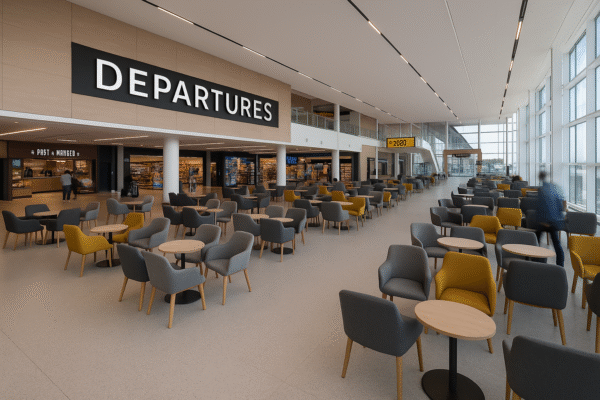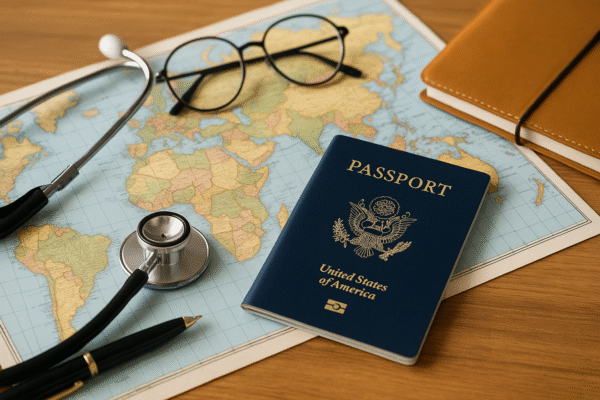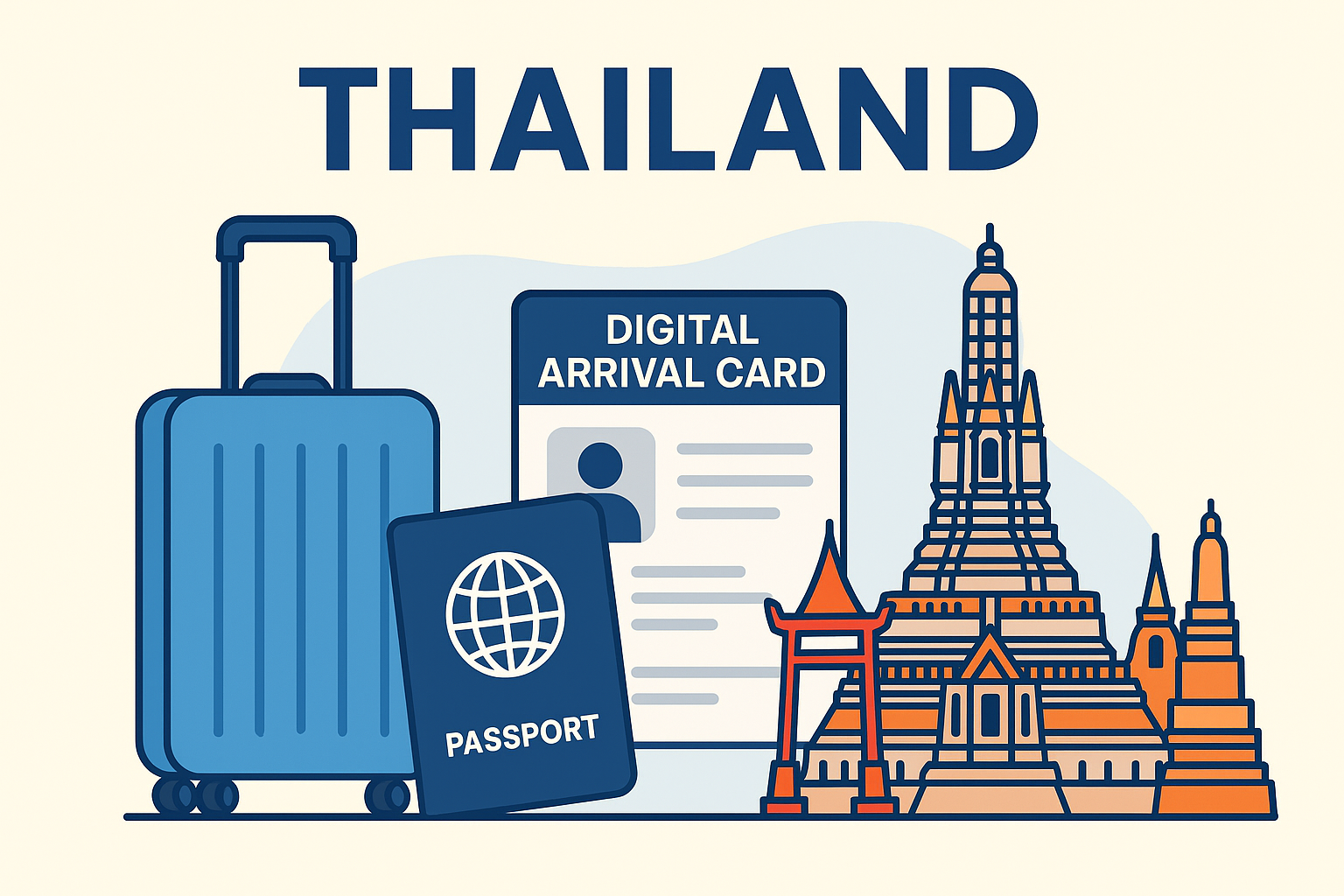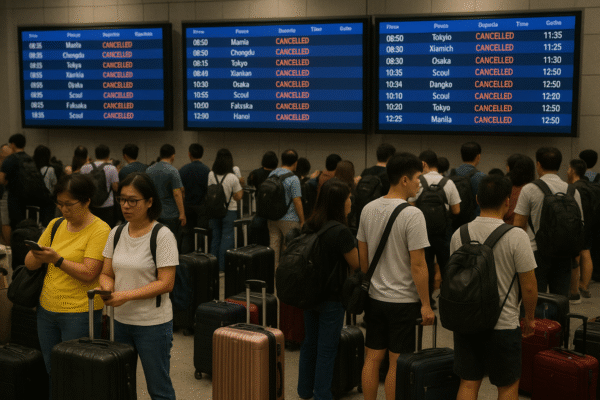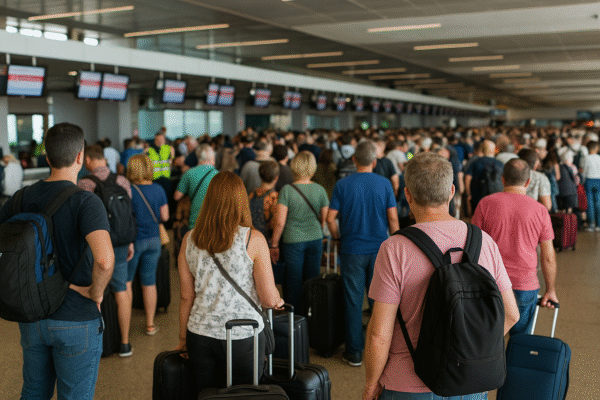Artificial intelligence (AI) is quickly becoming one of the most transformative technologies in the travel industry, redefining how travelers plan, book, and experience their journeys—especially in innovation-forward markets like the United Arab Emirates and Saudi Arabia. As nations in the Middle East accelerate tourism diversification strategies under Vision 2030 and similar initiatives, AI is playing a central role in elevating digital tourism services, enhancing guest personalization, and streamlining complex travel decisions.
According to Marriott Bonvoy’s regional data, 52% of travelers in the UAE and 50% in Saudi Arabia have already used AI tools to plan or research their vacations. The numbers are set to rise dramatically, with 77% of respondents in both countries indicating they are likely to use AI for future travel planning. This growing appetite reflects a broader regional shift toward smart tourism, where technology enhances rather than replaces the human touch.
AI-Powered Tools Driving Tourism Innovation
Across platforms like Booking.com, Skyscanner, Expedia, and regional hotel chains, AI is now embedded in every stage of the traveler journey. From smart search filters that suggest destinations based on previous behavior and current trends, to AI trip planners powered by advanced language models such as ChatGPT, travelers are increasingly guided by algorithms designed to anticipate their preferences.
For example, Booking.com’s AI Trip Planner, developed in collaboration with OpenAI, assists users with creating bespoke itineraries, factoring in real-time preferences, destination popularity, seasonal events, and even micro-climates. Meanwhile, Skyscanner’s “Everywhere” search allows users to discover offbeat destinations based on travel history, budget, and popularity—streamlining discovery for spontaneous travelers.
Road Trips, Restaurants, and Real-Time Travel Support
AI has proven especially useful in planning road trips and culinary experiences, which are increasingly popular among both domestic and international tourists in the Middle East. From Abu Dhabi’s scenic desert drives to Saudi Arabia’s Red Sea coastal routes, AI apps now suggest optimized routes, must-see pit stops, and restaurant menus tailored to dietary needs—making travel more seamless and immersive.
AI-driven food apps can even recommend local dishes based on taste preferences, allergies, or prior restaurant reviews. This technology empowers travelers to experience authentic dining while minimizing uncertainty—essential in unfamiliar destinations or for those with specific culinary requirements.
Transforming the Role of Travel Advisors
Rather than replacing travel professionals, AI is becoming a powerful partner. Regional luxury agencies like OneLatitude and Go2Africa use AI to curate hyper-personalized itineraries, analyze global travel trends, and predict customer behavior based on detailed profiling. AI tools handle the backend—flight tracking, hotel rate forecasting, weather pattern shifts—freeing up agents to focus on creativity, empathy, and human connection.
Generative AI is also a boon for content generation. Travel companies now send personalized video updates, curated offers, and inspirational messages crafted with the help of AI tools, maintaining connection between travel advisors and clients long after the initial booking.
Smart Hospitality: AI in Hotels Across the Middle East
In the UAE and Saudi Arabia, where luxury hospitality is a cornerstone of the tourism strategy, AI tools are now enhancing the guest experience in high-end hotels and resorts. From AI-powered chatbots providing 24/7 concierge services to guest intelligence platforms like SevenRooms and TotalEngage, hotels are using real-time data to anticipate needs, automate bookings, and personalize services without diminishing service quality.
For instance, at Shangri-La Bengaluru (a benchmark for hotels across Asia and the Middle East), these platforms help tailor dining suggestions, room preferences, and on-site activity recommendations based on guest history and behavior. While AI handles logistics, hotel staff focus on emotional intelligence and culturally sensitive service delivery.
Still, data privacy remains paramount. Hotels must ensure AI systems comply with international data protection standards and maintain full transparency with guests—especially as AI systems handle more personal and behavioral data.
Luxury Travel and AI: A High-Tech, High-Touch Balance
High-end travelers in the Gulf region are increasingly expecting technology to simplify their journeys, but not at the cost of exclusivity or warmth. Companies like Go2Africa, which offers bespoke safari experiences for elite travelers, use AI to support—not replace—expert human guides and planners.
Luxury travel providers are turning to AI for itinerary optimization, predictive weather analysis, and dynamic activity suggestions. However, they remain focused on preserving the irreplaceable value of local knowledge, personal storytelling, and surprise—a balance that defines the future of premium tourism.
Challenges and Opportunities Ahead
While AI offers major efficiencies, it still faces limitations. Complex multi-stop journeys, cultural nuances, and emotionally driven decisions require a level of judgment and empathy AI hasn’t fully mastered. Furthermore, regional governments and tourism boards must carefully regulate AI integration to ensure ethical practices, especially around surveillance, data usage, and algorithmic bias.
The UAE and Saudi Arabia are actively working toward smart tourism governance. The UAE’s Department of Economy and Tourism has launched initiatives to foster AI startups in the travel space, while Saudi Arabia’s Red Sea Global and Neom projects are embedding AI-based environmental monitoring and personalized visitor experiences into their tourism infrastructure from the ground up.
Conclusion: AI’s Future in Middle Eastern Tourism
Artificial intelligence is redefining the tourism landscape in the Middle East—particularly in forward-looking markets like the UAE and Saudi Arabia. From helping travelers discover new destinations to enabling smarter hotel operations and enhancing travel agency efficiency, AI is becoming essential to a more intuitive, tailored, and tech-savvy travel experience.
Yet the future is not about AI replacing human touch—it’s about partnership. As travelers seek both convenience and connection, the most successful tourism brands will be those that use AI to amplify personalization while preserving hospitality’s human soul.
For more travel news like this, keep reading Global Travel Wire

